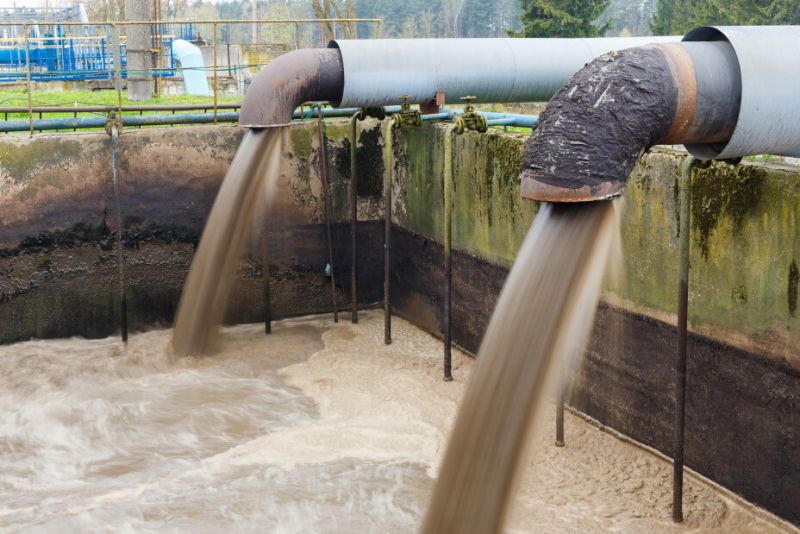By Multinet Group: Recently
Industrial waste is an all-encompassing term used to describe material considered to be no longer of use after a manufacturing process has been completed.
Many sectors of industrial manufacturing produce waste, including:
Various types of factories, Mining operations, Textile mills, Food manufacturing, Consumer goods, Industrial chemicals, Printing and publishing
Multinet Group Ltd is a licensed expert in Waste Management.
Types of Industrial Waste
Industrial waste can be hazardous or non-hazardous. Both, however, can cause a substantial environmental impact if not properly managed. Below are some common kinds of waste that can be hazardous to human life and the environment.
Solid Waste
Though the term "industrial waste" includes several different types, one of the most common is industrial solid waste. Solid waste can be generated by manufacturing processes such as: Electric power generation, The use of agricultural chemicals and inorganic chemicals, Iron and steel manufacturing, Water treatment, Plastics and resins manufacturing etc
Toxic Waste
Industrial waste can also be toxic or hazardous waste. If not managed properly, this type of industrial waste can cause harm to humans, animals and the environment by contaminating waterways, such as rivers and lakes. This type of industrial waste is generally a byproduct of other materials generated at factories, hospitals and manufacturing facilities. It's important to note that waste laws can vary from state to state.
Chemical Waste
Chemical waste is a significant issue in industrial settings due to the large quantity and the vast variety of chemicals used in manufacturing processes. Industries such as chemical manufacturing, oil and gas production, and mining generate large amounts of chemical waste as by-products of their operations. These wastes can include heavy metals, acids, bases, and toxic organic compounds.
Improper disposal of chemical waste can lead to contamination of air, water, and soil, and can have serious impacts on human health and the environment. Industries are responsible for safely managing and disposing of their chemical waste, which often involves treatment and neutralization before disposal. Some industrial companies are also implementing recycling and reusing programs to reduce the amount of chemical waste they generate.
Examples of chemical waste include: Used solvents and cleaning agents, Expired or unused chemicals from laboratories, Leftover paint and varnish, Pesticides and herbicides, Batteries, Industrial process waste, such as oil and heavy metal sludge, Waste water containing heavy metals or other pollutants.
Chemical waste mostly contains harmful chemicals. This does not mean, however, that it is classified as hazardous. For it to be considered hazardous, it must have an ignitability, corrosivity, reactivity or toxicity characteristic.
Secondary Waste
Secondary waste are the materials that are generated as a result of the handling, storage, or treatment of primary waste. In industrial settings, examples of secondary waste include: Contaminated materials such as soil or debris that are generated during the cleanup of a chemical spill, Spent foundry sand, Coal combustion, Construction materials when infrastructure is demolished, Packaging materials or containers that are contaminated with chemicals, Residues or sludges from the treatment of primary waste, Dust or particulate matter generated during the handling or transport of primary waste, Ash or other residues generated during the incineration of primary waste, Solidified or stabilized waste created during the treatment of liquid primary waste etc
Proper management and disposal of secondary waste is important to prevent the spread of contamination and to protect human health and the environment.
How To Dispose Of Industrial Waste
Improperly handling industrial waste can have harmful consequences to both your company and the community. If not properly disposed of, harmful waste can be released, causing air, soil and water pollution. This carelessness can also pose a threat to your company’s reputation and bottom line, and expose you to costly fines and publicity that your company may struggle to recover from for years to come.
Multinet Group Ltd is a licensed expert in Waste Management. We provide consultancy and technical advice, risk assessment, site investigation, surveys, and sampling and event waste management and maintenance programmes.
